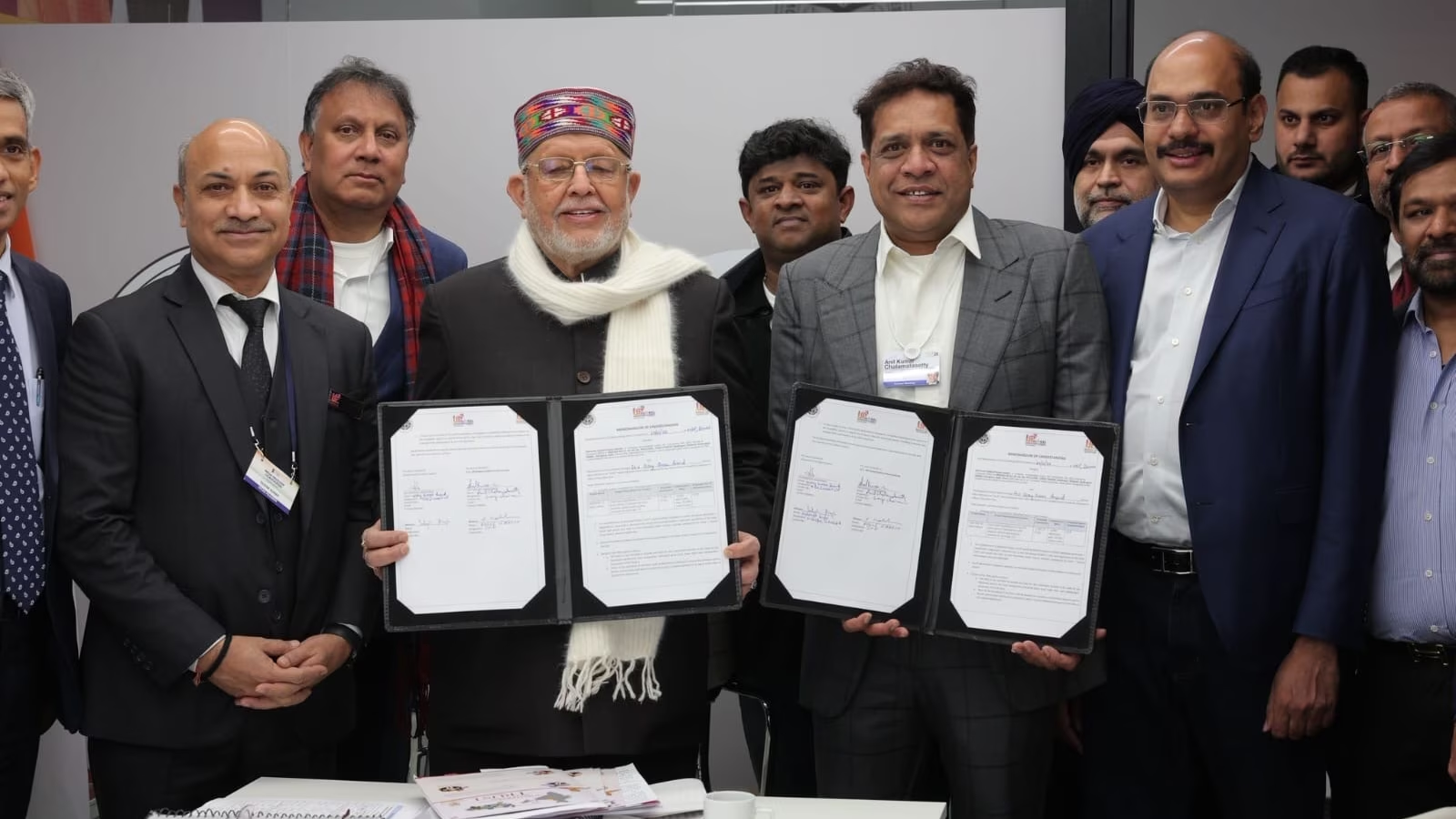India’s rise as the global capital for Global Capability Centres (GCCs) is often credited to its vast talent pool, English proficiency, and cost competitiveness. But beneath these obvious factors lies a subtler, often overlooked differentiator—cultural fluency.
The ability of Indian professionals to adapt seamlessly to diverse cultural practices has made India indispensable to multinational corporations. This flexibility—embracing the norms, practices, and quirks of global teams—has quietly become the defining strength of India’s GCC success story.
Why Cultural Adaptability Matters in GCCs
A survey cited by Mohit Mathur, Chief Business Officer for GCCs at Quess Corp, revealed that 84% of GCCs consider cultural integration a bigger challenge than regulatory compliance.
Indian professionals stand out because they go beyond surface-level adjustments. They deeply align with the ethos of their parent organizations—whether it’s adopting the American spirit of direct communication, the German emphasis on discipline, or the Japanese culture of consensus.
“Far from incidental, this cultural flexibility is a key reason India remains the world’s most preferred GCC hub,” says Mathur.
Case Studies: How India Mirrors Global Cultures
German Precision at Mercedes-Benz R&D India (MBRDI)
Germany is known for punctuality, structure, and engineering rigor. At MBRDI, employees undergo German language training (aligned with CEFR standards) enrolling 400 employees annually and cultural workshops to internalize these values.
“We actively encourage our employees to develop a nuanced understanding of German culture, language, and business practices,” says Mahesh Medhekar, VP of Human Relations at MBRDI.
Silicon Valley Spirit at Pure Storage
California-based Pure Storage built its Bengaluru R&D centre around the Silicon Valley ethos—innovation, ownership, and entrepreneurial freedom.
“We focused on building a work culture in India that mirrors our headquarters—ownership, innovation, and clarity of thought,” says Ajeya Motaganahalli, VP of Engineering & MD, Pure Storage India R&D.
French Intellectual Rigor at Thales
At Thales, international mobility is central. Indian engineers spend time in France, learning work styles and communication nuances firsthand.
“Such experiences not only help employees adapt but also strengthen their ability to contribute innovative ideas across the Group,” says Sekhar Sahay, HR Director for India.
Global Identity at Novartis
Unlike others, Novartis emphasizes shared values rather than mirroring headquarters culture.
“We don’t ‘mirror’ headquarters—we operate as one global team anchored in shared purpose and values,” says Ganpat Anchaliya, Head of Novartis Corporate Centre, India.
Retail Immersion at Target India
To replicate the American shopping experience, Target built a Guest Experience Centre in Bengaluru, complete with VR simulations of US stores.
“Understanding how a Minnesota mother shops or how a Californian teenager browses clothes is critical,” says Andrea Zimmerman, SVP & President, Target India.
The Two-Way Exchange: Learning Flows Both Ways
Cultural fluency is not just about Indians adapting to global cultures. Companies like Mercedes-Benz train Germans in Indian norms, while Novartis enforces a two-way integration policy. At Thales, projects are co-developed, not merely outsourced.
This reciprocal adaptation creates stronger, blended work cultures—reshaping both sides, much like a chemical reaction where both molecules transform.
Why Cultural Fluency Is India’s Secret GCC Advantage
- Adaptability as Differentiator – Indian professionals excel at mirroring and blending with global cultures.
- Immersive Training – From language programs to virtual reality, GCCs invest in cultural immersion.
- Two-Way Exchange – Integration is reciprocal, strengthening collaboration.
- Beyond Cost Arbitrage – Cultural fluency ensures long-term sustainability of GCCs, not just cost savings.
Conclusion: The Human Edge Behind the Numbers
India’s GCC boom is not just a story of scale, skills, or savings. It’s about a unique human quality—cultural adaptability. From Silicon Valley’s innovation culture to German discipline, Indian professionals internalize and reflect the world’s best practices while adding their own ingenuity.
In the global GCC race, cultural fluency is India’s untold edge—and the reason its leadership is here to stay.
Read more full news: Here







